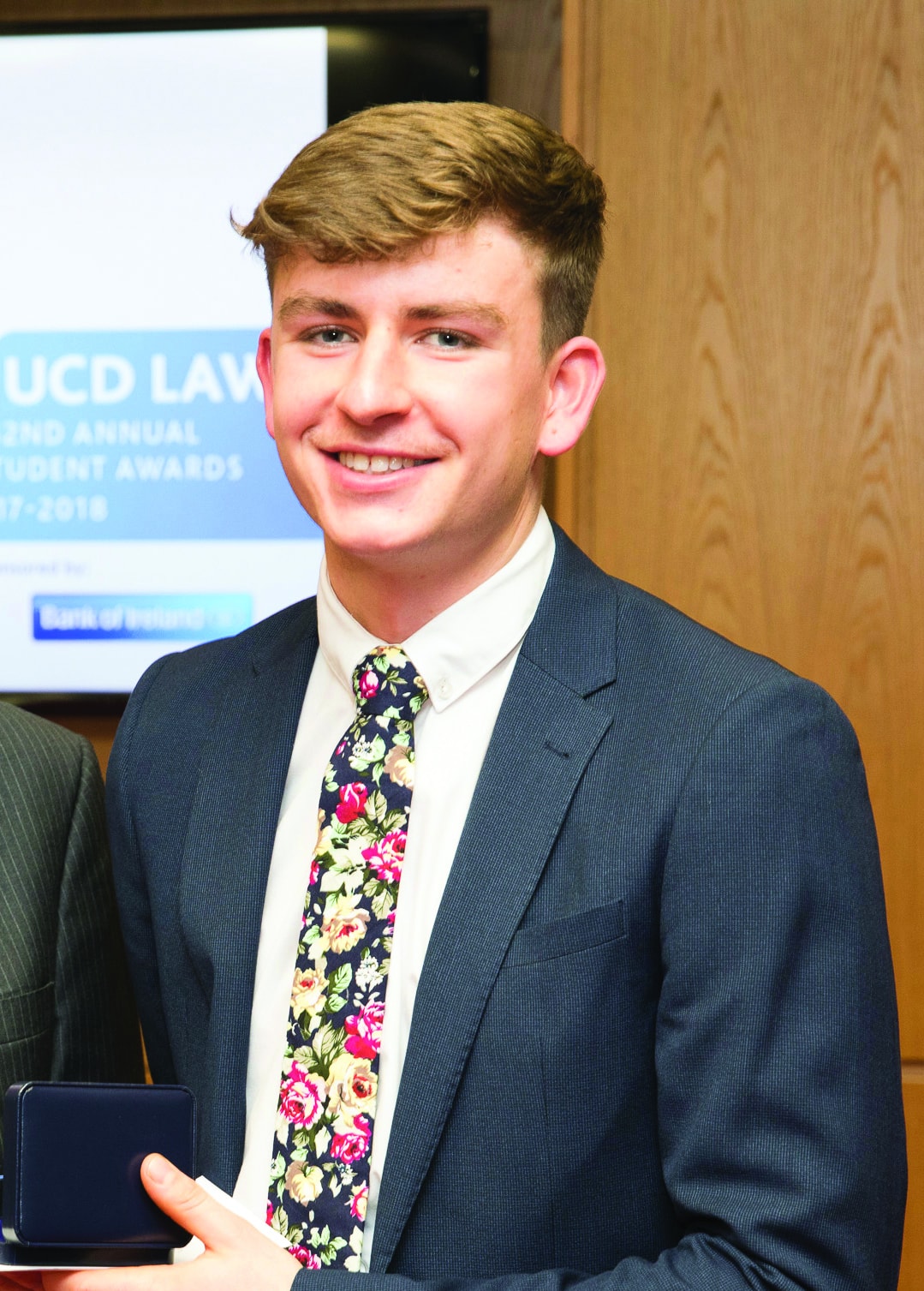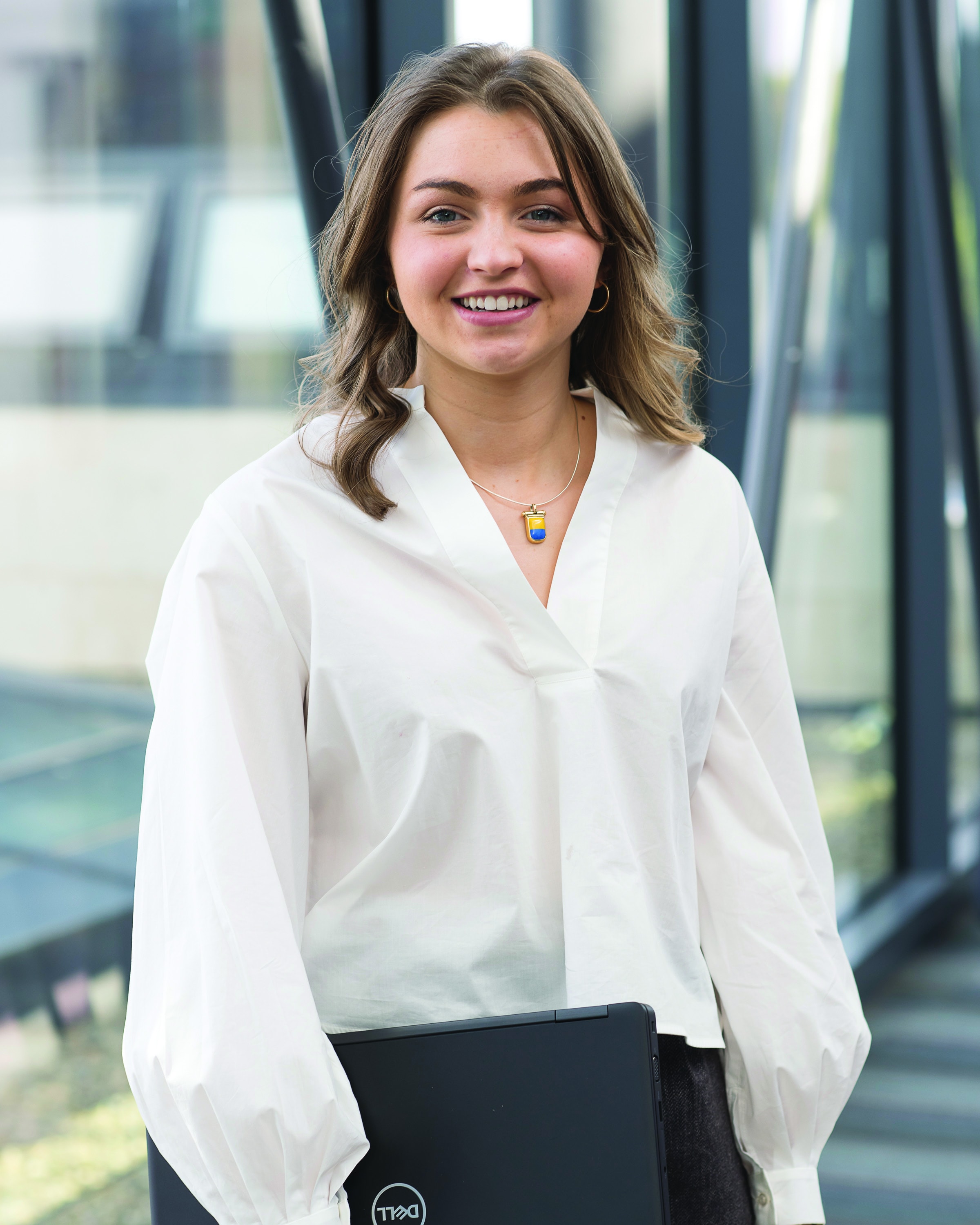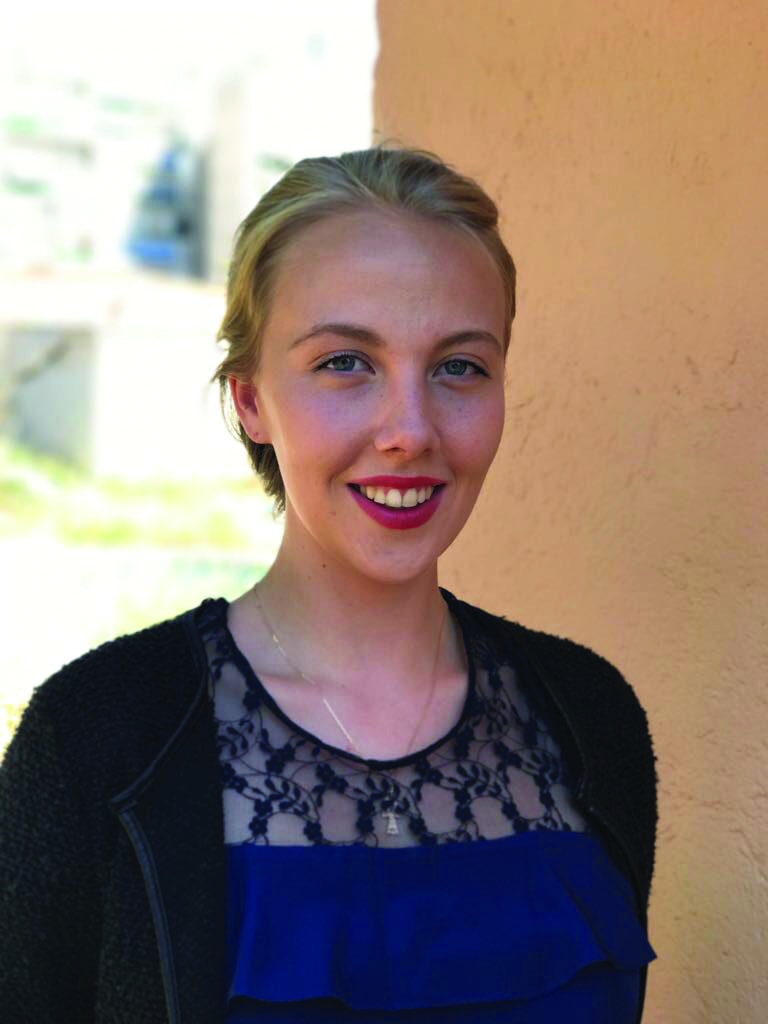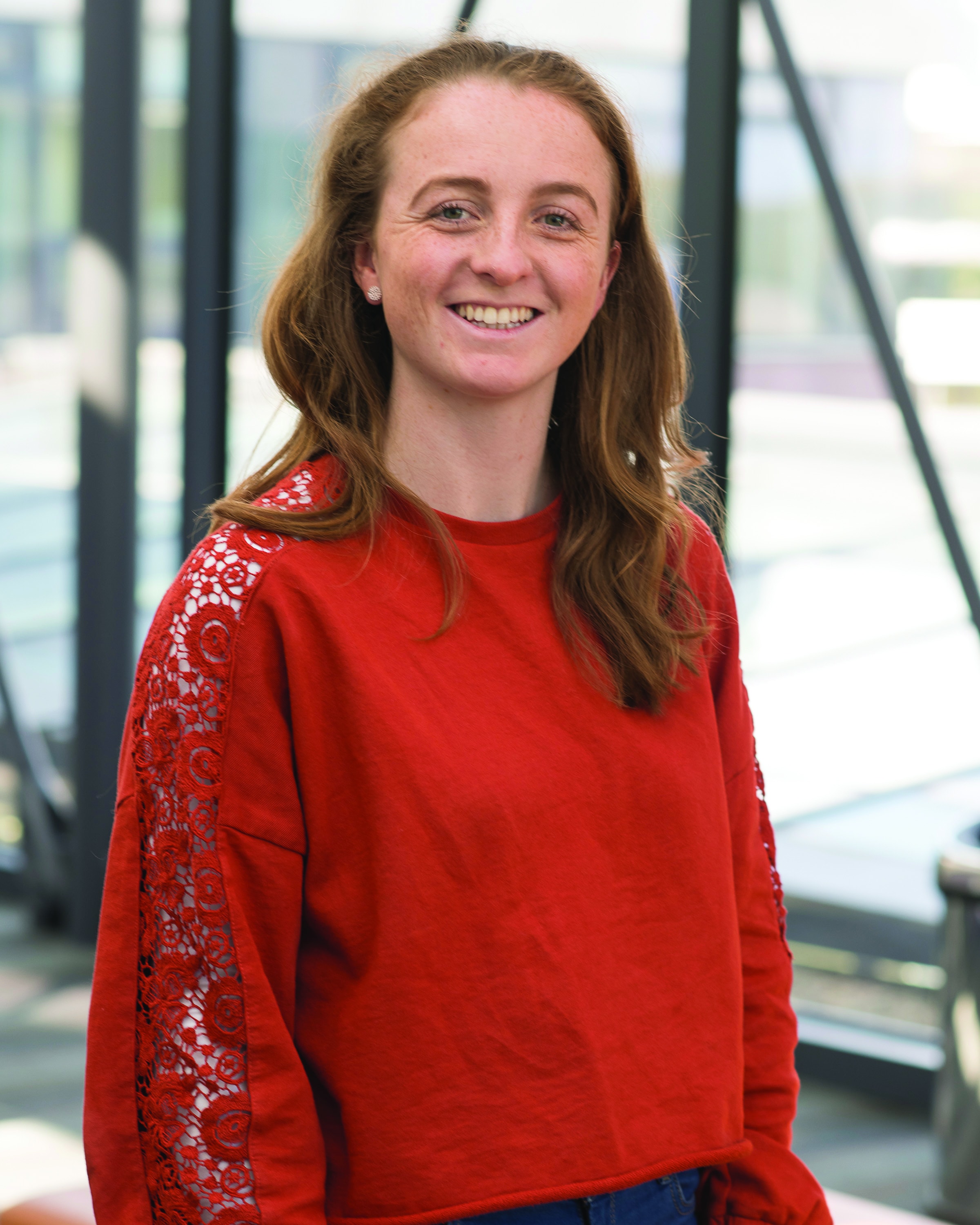Skip to content
Course Information
BCL (Hons) (NFQ Level 8)
Full Time – Undergraduate Studies
CAO Code: DN600
CAO Points Range 2019: 521
Length of Course: 4 Years
Average Intake: 125
Leaving Certificate:
O6/H7 in English, Irish, a third language and three other recognised subjects
Click below for equivalent entry requirements information for:
Why is this course for me?
Law and politics are inextricably linked by the legislative process. This course allows you to obtain a highly respected law degree, whilst also acquiring a deeper understanding of political theory and the political process. Many UCD law graduates have progressed to political careers. Others have become high-profile political commentators.
Career & Graduate Study Opportunities
BCL (Law with Politics) graduates are well equipped to pursue careers in:
- Legal practice
- Politics
- Broadcasting
- Journalism
- Legislative drafting(e.g.in Office of Parliamentary Counsel)
- Academia
- Non-Governmental Organisations
- Public Service
Relevant graduate study programmes include:
- International Human Rights
- European Law & Public Affairs
- International Relations
First & Second Year
First year focuses on core Law modules, including:
- Constitutional Law
- Contract Law
- Tort Law
In addition, you’re introduced to political theory and Irish and international political systems.
In second year, you’ll study:
- EU Law
- Property Law
- Criminal Law
You’ll also take modules that engage with political theory, comparative politics and international relations.
Third & Fourth Year
With a wide choice of law and politics modules, you can choose to pursue your own areas of interest. These include:
- Jurisprudence
- Media Law
- Human Rights Law
- Contemporary Issues in Law & Politics
- Foreign Policy
- Political Economy
- Middle East Politics
Clinical Legal Education Centre (CLEC) modules are also available, including Advocacy & Mooting, Alternative Dispute Resolution and Law, Ethics & Legal Practice.
Law students are often very active in university politics and in the Students’ Union. As a BCL (Law with Politics) student, you may be interested in developing your practical skills through participation
in the legal information clinics of the UCD Student Legal Service.
You’ll attend lectures and tutorials, in addition to engaging in study and preparatory work. Assessment includes end-of-semester examinations, essays and group projects.
Law with Politics Sample Timetable (.pdf)
For detailed information on subject content click here.
Many students apply to spend time abroad during their third year at partner universities in locations which include:
- Australia
- Austria
- Belgium
- Canada
- China
- Czech Republic
- France
- Germany
- India
- Italy
- New Zealand
- Singapore
- Spain
- Sweden
- Switzerland
- The Netherlands
- UK
- USA
“Studying Law with Politics has equipped me with the knowledge and skills to critically analyse the legislative process and the legal system. Studying politics has particularly enhanced my perspective on constitutional law and jurisprudence, as well as my ability to understand legal developments in terms of their broader socio-political context. Throughout my degree, I have gained invaluable practical experience through the Legal Placement Module and as a member of the Law Review editorial board. There has also been ample opportunity to pursue non-academic interests – UCD’s thriving Irish language community has played a huge role in my university experience.”
Erin Ward Student
Course Information
BCL (Hons) (NFQ Level 8)
Full Time – Undergraduate Studies
CAO Code: DN600
CAO Points Range 2019: 521
Length of Course: 4 Years
Average Intake: 125
Leaving Certificate:
O6/H7 in English, Irish, a third language and three other recognised subjects.
Click below for equivalent entry requirements information for:
Why is this course for me?
Legal systems express and reflect the prevailing moral, political, social and economic philosophy of the State. Law and philosophy are, therefore, complementary fields of study. An understanding of law is fundamentally enhanced by a deeper knowledge of philosophical theory. This course offers you a highly respected degree in law, combined with an enriched appreciation of its philosophical underpinnings.
KEY FACT
All final year UCD Law students can apply for US externships in the federal courts and the federal defender’s office.
Career & Graduate Study Opportunities
BCL (Law with Philosophy) students can choose to study the modules necessary for legal professional recognition, which enables them to pursue legal careers as solicitors or barristers.
Graduates are also well suited to careers in:
- Legal research (e.g. at the Law Reform Commission)
- Politics
- Media
- Diplomatic service
- Academia
Relevant graduate study programmes include LLM degrees in:
- International Human Rights
- European Law & Public Affairs.
First & Second Year
First year focuses on core law modules, including:
- Constitutional Law
- Contract Law
- Tort Law
In addition, you’re introduced to modern, moral and continental philosophy.
In second year, you will take modules in:
- EU Law
- Property Law
- Criminal Law
At the same time, you’ll also take modules that engage with the ideas of Hume, Kant, Aristotle and Hegel.
Third & Fourth Year
With a wide choice of law and philosophy modules available, you can pursue particular areas of interest. The choice of modules includes:
- Jurisprudence
- Media Law
- Human Rights Law
- Philosophy of Law
- Critical Theory
- Medieval Philosophy
You may also be interested in taking modules offered by our Clinical Legal Education Centre (CLEC), such as Advocacy & Mooting, and Law, Ethics & Legal Practice.
You’ll attend lectures and tutorials, in addition to engaging in study and preparatory work.
Assessment includes end-of-semester examinations, essays and group projects.
Sample Law with Philosophy Timetable (.pdf)
For detailed information on subject content click here.
Many students apply to spend time abroad during their third year at partner universities in locations which include:
- Australia
- Austria
- Belgium
- Canada
- China
- Czech Republic
- France
- Germany
- India
- Italy
- New Zealand
- Singapore
- Spain
- Sweden
- Switzerland
- The Netherlands
- UK
- USA
“The degree programme of Law with Philosophy has allowed me to gain a strong understanding of the law on many levels. The breadth of subjects available in UCD means that knowledge of any area of law is always at my fingertips. In addition, through my philosophy studies, I have gained the skills necessary to consider and challenge the ethical, political and human aspects of the law and of life. This degree programme has allowed me to study law modules with philosophical elements and vice-versa. Both subjects have allowed me to hone my skills of critical thinking, ethical reasoning and problem solving. This course has enabled me to become proficient in research and writing.”
Louis Gribbin Bourke Student
Course Information
BCL (Hons) (NFQ Level 8)
Full Time- Undergraduate Studies
CAO Code: DN600
CAO Points Range 2019: 521
Length of Course: 4 Years
Average Intake: 125
Leaving Certificate:
O6/H7 in English, Irish, a third language and three other recognised subjects
Click below for equivalent entry requirements information for:
Why is this course for me?
The BCL (Law with Irish) is a new programme starting in 2017/18. It allows undergraduate law students to access a cohesive set of Irish language modules which are relevant to the study and practice of law. This programme offers you the opportunity to acquire a highly respected BCL degree, whilst additionally deepening your competence in the Irish language in the context of law. Your Irish language communication skills will be developed by the resources provided by a modern multi-media language laboratory (An Teanglann) and the advanced language skills training in Lárionad de Bhaldraithe.
KEY FACT
Many leading Irish and UK Law firms host recruitment presentations on campus in UCD. Practical experience gained in clinical law modules may give you a competitive edge when applying for internships or traineeships.
Career & Graduate Study Opportunities
Graduates of this programme will have experience in interpreting and using legal information in the context of either the Irish or English language. Their high level of competence in law and in Irish makes them well placed to pursue careers in law or other related careers such as lawyer/linguist, legal translation, or diplomatic service. Careers in media, legal research and academia are also possible career paths.
Relevant graduate study opportunities include LLM degrees.
First & Second Year
In first and second years, your studies in law comprise core modules such as:
- Constitutional Law
- Contract Law
- Tort Law
- EU Law
- Property Law
- Criminal Law
Your Irish language modules in first and second year focus specifically on language grammar, accuracy, fluency and writing skills. These include Forbairt na Gaeilge Acadúla, Teanga na Gaeilge.
Third & Fourth Year
Students will study abroad at Concordia University (Montreal) for a semester in their third year. Whilst in UCD you may choose from the full menu of law modules and thereby pursue your particular areas of interest. Modules include:
- Commercial Law
- Environmental Law
- Family & Child Law
- Intellectual Property Law
- International Human Rights
- Jurisprudence
- Media Law
You may select from the clinical law modules, including Advocacy & Mooting.
You will undertake specific advanced language skills training; analysis and research in the development of legislation in Irish language usage; and training in translation and terminology for legal translation. Some modules will be delivered online. Modules include:
- Aistriúchán Dlíthiúil
- Aistriúchán agus Dlí
- Iriseoireacht na Gaeilge.
For detailed information on subject content click here.
Note:
UCD has agreed a bespoke exchange programme with Concordia University (Montreal). Concordia offers one of the leading Irish Studies programmes in the world. Students will experience life in a vibrant bilingual city, and will have the opportunity (optional) of taking a French language course.
“Cinneadh fiúntach ar gach aon slí ab ea é an cúrsa Dlí le Gaeilge a roghnú. Aimsíonn an cúrsa seo an chothromaíocht cheart idir an dá dhisciplín. Cuirtear ar mo chumas mo phaisean don Ghaeilge a chothú le linn dom céim a bhaint amach sa dlí. Tá an-rath orthu le chéile mar mheascán agus réitíonn an dá ghné den chúrsa sinn do réimse leathan deiseanna fostaíochta. Trí staidéar a dhéanamh ar Dhlí leGaeilge, táim tumtha i Scoil Dlí Sutherland agus i Scoil na Gaeilge araon. Tugann an cúrsa spreagadh dom oiread leasa agus is féidir a bhaint as mo chuid scileanna sa dá réimse agus tá an t-ualach oibre soláimhsithe agus comheagraithe.”
Kate Kilcommins Student
Course Information
BCL (Hons) (NFQ Level 8)
Full Time – Undergraduate Studies
CAO Code: DN600
CAO Points Range 2019: 521
Length of Course: 4 Years
Average Intake: 125
Leaving Certificate:
O6/H7 in English, Irish, a third language and three other recognised subjects
Click below for equivalent entry requirements information for:
Why is this course for me?
There’s a natural affinity between the disciplines of law and history. Each is shaped by the other. Important historical events are often interlinked with contemporary legal structures. Legal reform may be prompted by the defining events of the past.
This course allows you to acquire a highly respected degree in law, whilst also pursuing a passion for history and acquiring a deeper understanding of past events that have shaped our current legal system.
KEY FACT: UCD Law graduates have been admitted to study for postgraduate degrees at many prestigious universities, including Cambridge, European University Institute, Harvard, Oxford and National University Singapore.
Career & Graduate Study Opportunities
BCL (Law with History) graduates can go on to qualify as solicitors and barristers, and pursue law careers in Ireland or abroad. Graduates are also well placed to pursue careers in:
- Legal research
- Politics
- Journalism
- Academia
Relevant graduate study programmes include LLM degrees in:
- International Human Rights
- European Law & Public Affairs
- Legal History
First & Second Year
First year focuses on core Irish law modules, including:
- Constitutional Law
- Contract Law
- Tort Law
In addition, you are introduced to modern European and Irish history.
In second year, you’ll study:
- EU Law
- Property Law
- Criminal Law
You’ll also engage with international history.
Third & Fourth Year
With a wide choice of law and history modules available, you can pursue your own areas of interest. Modules include:
- Jurisprudence
- Legal History
- Criminology
- Fascism
- Culture & Revolution
You may also be interested in taking modules offered by our Clinical Legal Education Centre (CLEC), such as Advocacy & Mooting, and Law, Ethics & Legal Practice.
You’ll attend lectures and tutorials, in addition to engaging in study and preparatory work. A sample timetable can be viewed at www.ucd.ie/myucd/law
Assessment includes end-of-semester examinations, essays and group projects.
For detailed information on subject content click here.
Many students apply to spend time abroad during their third year at partner universities in locations which include:
- Australia
- Austria
- Belgium
- Canada
- China
- Czech Republic
- France
- Germany
- India
- Italy
- New Zealand
- Singapore
- Spain
- Sweden
- Switzerland
- The Netherlands
- UK
- USA
“I was considering a career in law but also had a passion for history, so Law with History was a natural choice for me. Thankfully the two subjects really complement one another because research and writing skills are fundamental to both.
Some of the highlights of my studies include my Erasmus exchange in Vienna and taking part in the US Court Externship where I worked for a judge in the Federal Court of California for the summer.
During my studies I developed a deep interest in international law, and will commence a Master of International Law at the University of Oxford in October 2019, while I’m currently completing an internship at the Organization for Security and Co-Operation of Europe in Bosnia and Herzegovina.”
Charlotte Ashmore Graduate
Course Information
BCL (Hons) (NFQ Level 8)
Full Time – Undergraduate Studies
CAO Code: DN600
CAO Points Range 2019: 521
Length of Course: 4 Years
Average Intake: 125
Leaving Certificate:
O6/H7 in English, Irish, a third language and three other recognised subjects
Special Entry Recommendations: Students will need a minimum grade H3 in Leaving Certificate French (or equivalent) to take the BCL (Law with French Law) course.
Click below for equivalent entry requirements information for:
Why is this course for me?
This degree is one of two French Law Programmes offered by Sutherland School of Law, the other being the BCL/Maîtrise. All students interested in the French Law Programmes enter the BCL [Law with French Law] in first year. Both degrees offer the exciting opportunity for immersion in two of the world’s major legal systems, the common law and the civil law.
The BCL (Law with French Law) degree provides you with a qualification in Irish law, while acquiring a broad knowledge of French law and a very high level of competence in French language and French legal terminology. Students gain valuable comparative insights, which inform an enhanced critical perspective on Irish law.
One year (third) is spent at a leading law school in France.
Career & Graduate Study Opportunities
This degree ensures that graduates are well placed to pursue careers with international law firms, EU and international organisations, diplomacy and government departments, or Non-Governmental Organisations. Past graduates have progressed to study at prestigious institutions in the EU and internationally and others have obtained scholarships to the renowned College of Europe in Bruges.
Most French law modules studied at UCD are taught through French.
First Year
First year focuses on the core Irish law modules of
- Constitutional Law
- Contract Law
- Tort Law
This is combined with intensive French language training and an introduction to French Public Law and French Private Law, General Introduction to Legal Studies and General Introduction to Legal Skills.
Second Year
In second year, you will study other core Irish law modules
- EU Law
- Property Law
- Criminal Law
You will also advance your French language training and continue to study French Private Law and French Public Law.
Third & Fourth Year
You will spend your third year at a partner university in Aix-Marseille, Lyon, Paris, Strasbourg or Toulouse. You will return to UCD for the final year of your BCL degree and will be required to complete a dissertation in French on French law.
Sample Law with French Timetable (.pdf)
For detailed information on subject content click here.
Key Fact:
Every June, we hold a one-day Summer School which gives 5th year pupils a taste of how we teach law. We also host a Law Open Evening every October for secondary school pupils and their parents to meet law students and law faculty. Here you will have a chance to sample short lectures, listen to careers talks and hear about student experiences, including international exchanges.
“UCD’s Law with French Law degree was the perfect course for me. The French law aspect opens up numerous opportunities on a European and International level, and allows students to undertake an Erasmus. My year abroad in Toulouse is one of my fondest memories of the degree, being immersed in the culture and developing my language skills through my studies and travels. I have been a member of UCD Ladies Hockey Team throughout my time in college which allowed me to meet students from all different disciplines, as we competed together, winning national club championships, national intervarsities and competing for UCD at a European level.”
Sarah Patton Graduate
Please disable your adblock and script blockers to view this page





